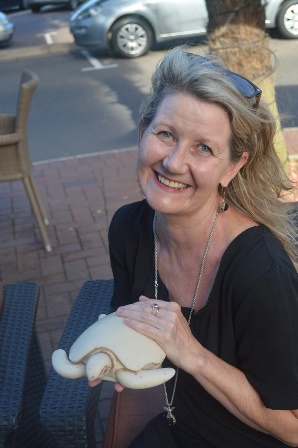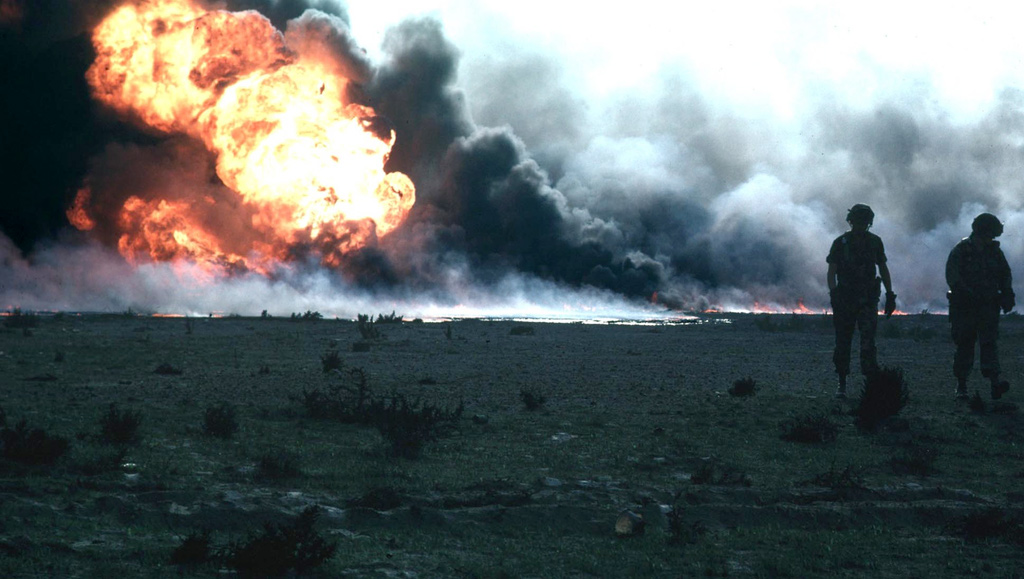FOR quite some time, I have been wondering how we are going to redefine the way we interact with each other in this new world, writes Francois du Toit.
Not just because we are in the midst of a pandemic, but simply because we cannot expect infinite growth on a finite planet. To believe that, you are either an economist or insane.
 I am also not just referring to the way we interact within the human species. We are a small, relatively insignificant part in the history of Earth but have managed to impact its delicate balance to the point that we are at risk of extinction.
I am also not just referring to the way we interact within the human species. We are a small, relatively insignificant part in the history of Earth but have managed to impact its delicate balance to the point that we are at risk of extinction.
It is recognised that we are now in the Anthropocene Age – an era where human action has a profound impact on our earth and our own survival. Covid-19 has shown that a small break on our exhaustive consumption allows this fragile planet to breathe.
Interrelationships
I speak of our interrelationship with humans, animals, plants, earth, the oceans, fish, amphibians, and birds, our respect for the foundations upon which we have built this apparent wealth. Respect.
There are plenty of experts in the fields of the circular economy, green economics, natural capital, triple bottom line, people, planet, profit, sustainability, wealth, currency, investment, returns, shareholder and assets.
But what does this mean to normal people such as us?
Success?
For most of us, we define our success by the size of our car, our house, the school our kids go to, the suburb we live in, and the clothes we wear. It is my contention that we should not reduce value to a common denominator of money, all transactions to some form of economic coin. There are other measures of value, other currencies apart from crude coin.
Wealth is not just money, it is health, time and our relationships with each other and the plethora of other life forms and support systems that share our planet. I ask this often of the groups I talk to about fracking, the rhino poaching crisis, and of myself. If you had to choose between clean air, clean soil and clean water, or fuel, gas and coal, what would your choice be?
The answer is obvious. We breathe air through masks and drink filtered water because we have poisoned these bare necessities, and the food we grow is so far removed from us, we barely recognise it.
Core values
I recently listened to a TED talk by Dambisa Moyo, a global economist from Zambia, who has made her mark in corporate investment in the US. She addresses “What we get wrong with Global Growth”, but I’ll admit, she lost me when she started defending the fossil fuel industry. But listen to what she has to say, start questioning your core values and what you place
value in. Prosperity without growth is an ideal we should be exploring.
While delivering food parcels to a rural community near Vryheid, as part of Project Rhino’s Feeding the Wildlife Community, I was again deeply impacted. A heartfelt thanks in a windswept landscape, from the local induna. We had brought a package of nutritional porridge and some basic food items, and our message of hope for a new wild economy.
Dialogue
She thanked us in simple words for showing “hlonipa abantu”, respect for her as a person and her people (forgive my interpretation). It is a reminder that we all need to be heard, that at our core, we are all the same.
I believe we are not showing respect. Not for ourselves, not for our planet, not for our water, our air and our rich heritage. We don’t take time to listen each other, to genuinely reflect on dialogue.
We should instead be listening more, to the desperate plea of an earth that is struggling to breathe. We should be observing more, taking in the beauty that surrounds us and reflecting more, about what we can do to make the world a better place.
A new Africa
Rebuilding an economy based on our abundant natural resources is imperative if we are to survive into the new millennium. And by natural resources, I am not referring to oil, gas and coal.
I refer to our fragile overfished coastline, our wide open spaces, our world heritage sites, our game reserves, our watersheds, and our transnational reserves, our megafauna, our diversity, our complexity, and our ability to survive and thrive by working together rather than to different agendas.
The new Africa must build a wild, natural, resource economy on a foundation of respect, or we will surely perish.
-
Frans Du Toit is the chief executive of African Conservation Trust, an organisation that envisages a world that is able to sustain human life with abundant natrual resources, which people can use to survive and flourish. This article was produced for Roving Reporters and forms part of The Future We Want series convened in association with the Sunday Tribune and other media partner. Click here to read more stories in the series.
BANNER IMAGE











